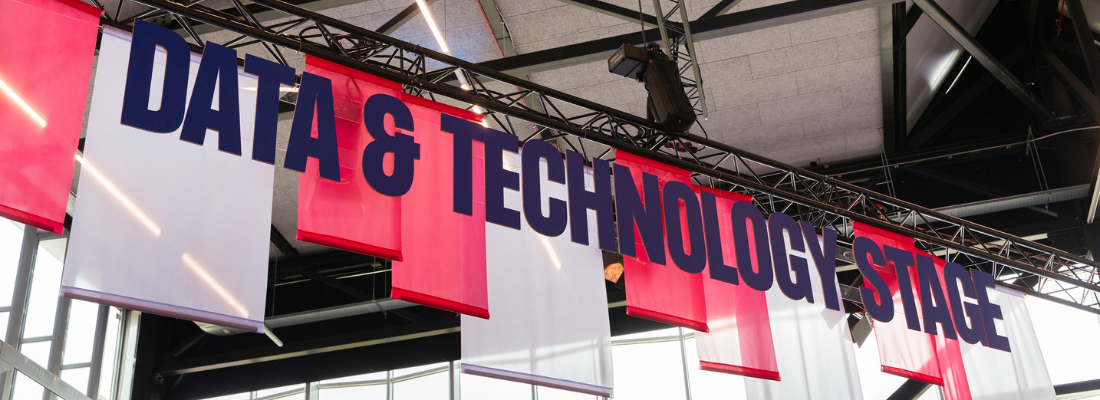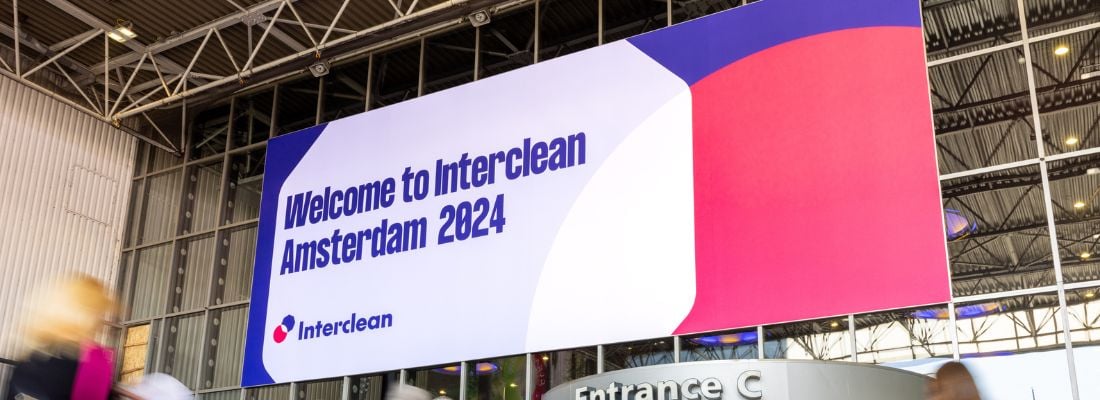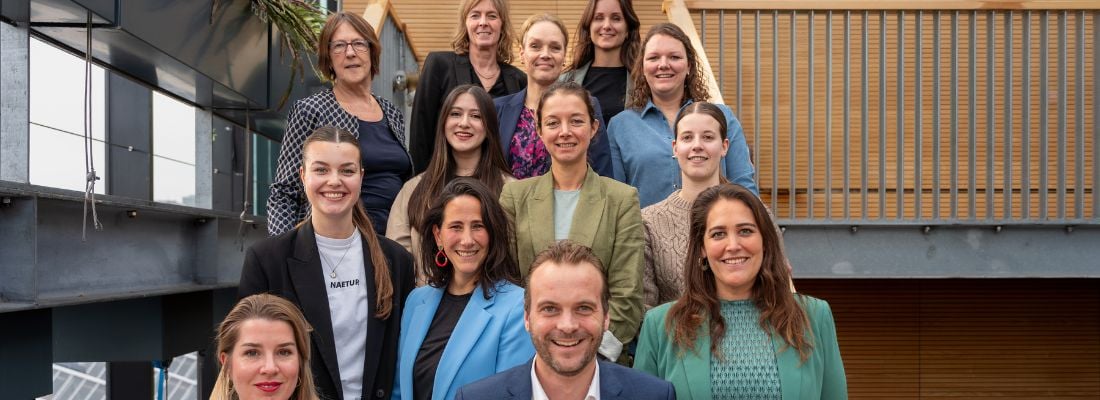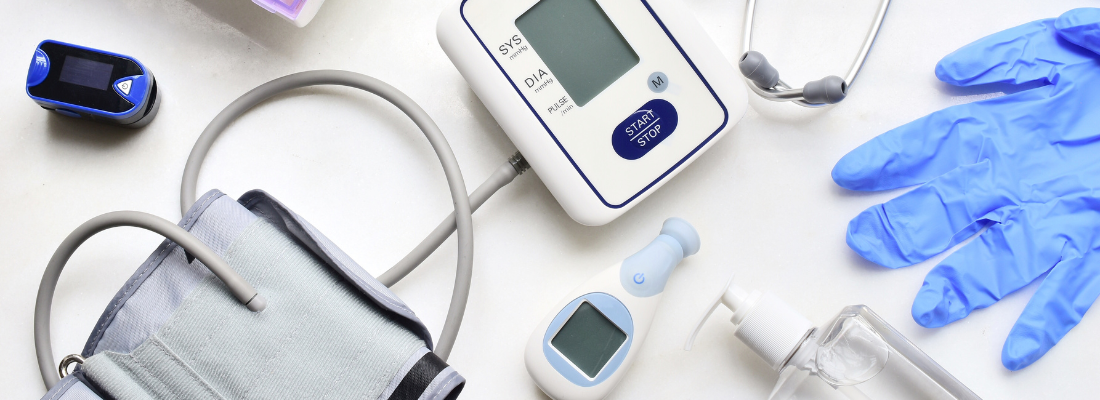Loading component...
How new cleaning tech shapes supply chain for distributors
In all the talk of products, services and solutions, it can be easy to overlook a key element in delivering results for the professional cleaning and hygiene industry: effective supply chains. David Scholes, Non-Executive Adviser at INPACS GmbH, explains the challenges and opportunities in this area – and how new cleaning technology is changing the approach to distribution.
INPACS is a leading global supplier of professional cleaning and hygiene products that has been in operation since 2004 and grown swiftly to become a top provider of cleaning and hygiene supplies, catering products, guest amenities and personal protective equipment.
As well as being a leading figure at INPACS, David is a member of the Interclean Exhibition Committee that drives the strategy of our events. He has more than 20 years’ experience in cleaning and hygiene distribution (working in manufacturing before that), so is well-placed to discuss the current challenges, the future direction of the industry and new cleaning technology.
What are the major challenges that organisations in your sector face?
I’d say that the biggest overall challenge is (as ever) how we adapt to working in a sector where organisations must bridge the gap between customer demands and their own financial pressures. Over the last 20 years, the industry has changed massively. Margins have become tight; a situation not helped by an abundance of supply and a long period of low inflation.
The result is that no one in the industry is even looking at price increases – how can they? Yet, customers still expect improvements and additions to their services. It’s a difficult situation to handle, but we manage it. You have to carefully balance the needs of your business against the outcomes you can expect from working with different customers. For example, larger customers will use their buying power to drive down prices (increasing volume but making profitability tough), while smaller customers will be the opposite (better margins but lower volume).
Another challenge is the fact that you have to fend off other entrants to the market, while attempting to diversify your own portfolio. We’ve grown from providing only cleaning and hygiene supplies to delivering PPE and office supplies as well. The flipside of this is that catering, PPE and office supply companies are trying to find their way into cleaning and hygiene. One way we defend against that is to make sure we’re always adding value to a customer. Our sales teams know the technical needs and aspirations of our customers and it makes the relationship stronger because we’re better able to help them achieve their goals.
How is new technology helping you to overcome these challenges?
I think the biggest thing for us is how digital technology and data can help our customers work more effectively. In distribution, we’ve had to develop a way of working with customers as partners – helping them to be more efficient by becoming experts. It’s a challenge as everyone has different requirements, but we’ve positioned ourselves as experts in delivering products as well as training to customers and users. The emphasis of the last few years has been on how you can help customers do their job better.
Another area where new cleaning technology is having a major impact is in warehousing – where efficiency, digitalisation and automation are key. With the right systems in place, we’re able to pick and load more quickly and efficiently than ever. This is vital for an organisation like ours where we have to manage logistics as well as regulatory compliance.
What trends from the last couple of years have become mainstream in your sector?
Centralised management information has become more critical. We’re doing more to show customers where products are going, when and for what. This allows us to streamline our service and show customers how they can improve efficiency.
Management information is a major area where we can deliver added value – it allows us to present ourselves as a one-stop shop, making us more desirable to customers. If you’re a distributor, you’re limited in what you can do. You’re stuck between customer demands and what manufacturers can deliver. Also, there’s no added money coming from the customer to push for new products or services – and we have to build efficiencies into the business.
What trends do you think will dominate your sector in 2020?
One of the biggest trends we’re likely to see won’t necessarily revolve around technology as such. We all know that Amazon has been busy building an enormous empire. The change we’re starting to see is that the company is also developing B2B services and corporate accounts.
Using its size to leverage business contracts, Amazon is trying to take on the cleaning and hygiene industry – even though it’s a massive departure for them (historically, they’ve focused on B2C rather than B2B). It’ll be interesting to see what impact they have; they could pose a major threat to the entire sector.
The positive element for us is that Amazon won’t have the ability to deliver the value-added services like customer training – they simply don’t have the infrastructure for this in the way that our organisation does. Because of this, we’ll have to focus even more on building strong relationships with suppliers – showing them how we can help. Manufacturers and distributors are going to have to create alliances in their target markets to drive success.
How important is sustainability to your sector? What are you doing to act on it?
Sustainability has become a hugely important element of our work. In the last ten years, we’ve seen a major shift towards tendering – and, in most cases, you can’t put in a tender bid unless you have plan for how to reduce your carbon footprint.
As a distributor, it’s a challenge to reduce our own impact, but we’re working hard to make a difference through offsetting. We’re following UN initiatives to have an impact elsewhere in the world. This includes efforts to reduce wood burning and improve water systems in Africa.
Closer to home, we’re also operating more hybrid vehicles to reduce our carbon footprint – as well as comply with congestion zones and the Ultra-Low Emission Zone (ULEZ) in London. We’re moving towards alternatives, but sometimes the regulations can outpace the realities of managing deliveries and logistics. That’s one of the challenges involved in making the business more sustainable, but we’re working effectively to make it happen.
What impact is digitalisation having on your sector? Are organisations making the most of the opportunities available to them?
As I’ve mentioned, management information is one of the big areas in which digitalisation is having an impact. How we manage, analyse and use data has become critical. That’s why we now use an electronic dashboard for major accounts.
This allows us to break down what’s being sent where in real-time, seeing exactly where issues are when they arise and where added efficiencies can be made. As well as making every delivery far more effective, this attention to detail is another way to build a relationship with customers. With all the information to hand, customers can see what’s happening at a local level – showing them they can rely on you.
We’re also seeing an increase in the use of robotics – especially when it comes warehouse operations and cleaning. Whether you’re talking about machines for picking orders or drone window cleaning, there’s a huge shift towards automation that makes teams more productive. This not only has a noticeable impact on margins, but also allows us to demonstrate an ability to drive efficiency when we go for new business tenders.
Ultimately, the key for us – and other distributors – is maintaining value in the business while offering valuable services to customers.
Keep up with the latest Cleaning and Hygiene developments
Sign up for the Interclean newsletter and be the first to know about the newest industry developments.
Share your stories with us!
Do you have an innovation or interesting news you would like to share with the professional cleaning and hygiene industry? The Interclean website and social media channels are a great platform to showcase your stories!
Please contact our press department interclean@rai.nl.
Are you an Interclean exhibitor?
Make sure you add your latest press releases to your Company Profile in the Exhibitor Portal for free exposure.

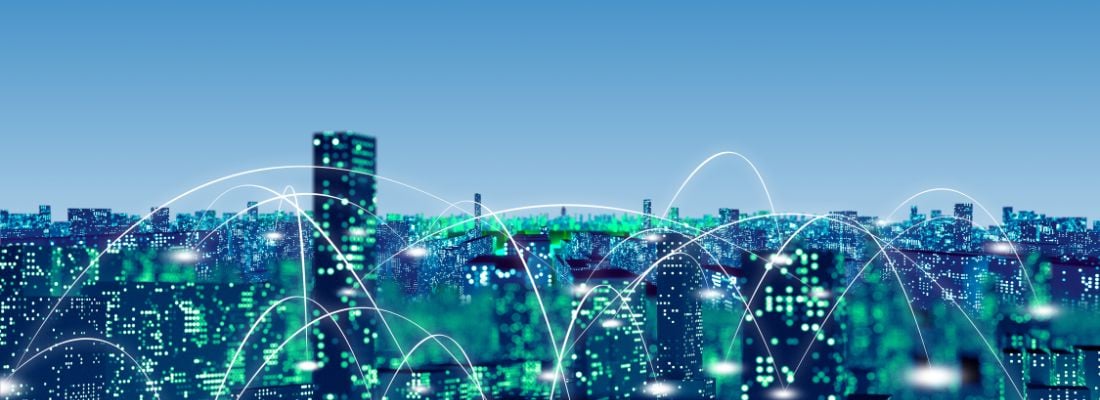
.png?h=400&iar=0&w=1100)
